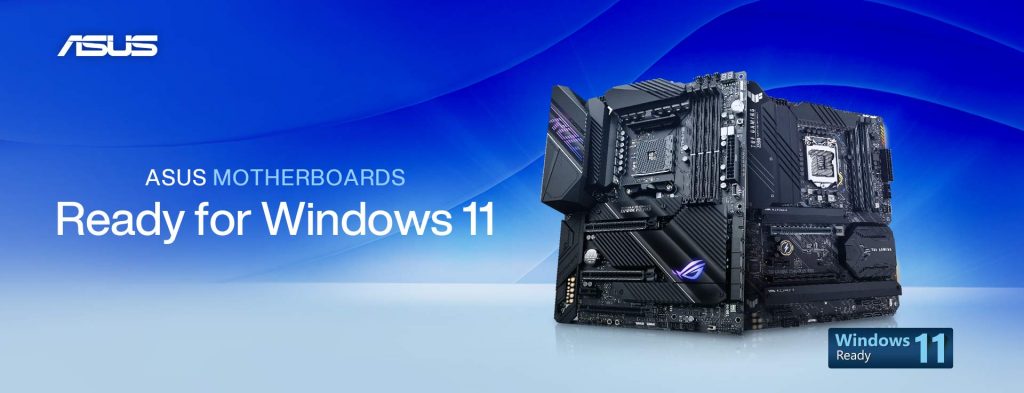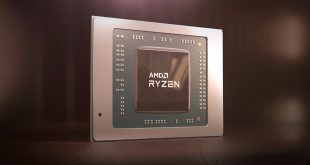When Microsoft announced the system requirements for Windows 11, the lack of Skylake and Kaby Lake CPUs in the compatibility list came as a surprise. These chips are still relatively modern, so it would be expected that Windows 11 would support them. Fortunately for Asus motherboards owners, the company seems to have found a way to run Windows 11 on Kaby Lake and Skylake-based systems.
Windows 11 official system requirements state that an Intel 8th Gen Core desktop processor or above is needed to run the new OS. However, thanks to a new BIOS update for selected Asus motherboards, Kaby Lake and Skylake CPU owners will be able to run Windows 11 on their systems.
To install Windows 11 on a system equipped with a Skylake/Kaby Lake CPU, you'll need to check if your motherboard is supported and install a BIOS update. After that, go to the Advanced\PCH-FW Configuration and enable PTT. Click “OK” in the notification box, save your changes, and exit the UEFI BIOS. You can check if your motherboard has received the new BIOS update, HERE.
It's worth noting the compatibility of this BIOS update on 100 and 200-series motherboards is still under testing, so expect to find some bugs. Additionally, Asus also states that “the upgrability is subject to the support from operation system or 3rd party drivers availability”, meaning that just because it runs Windows 11 now, it may not run future versions.
Discuss on our Facebook page, HERE.
KitGuru says: Considering these BIOS updates are still being tested, it might be worth waiting for a stable release. However, if you're in the mood to experiment a little, then the option is there for you.
 KitGuru KitGuru.net – Tech News | Hardware News | Hardware Reviews | IOS | Mobile | Gaming | Graphics Cards
KitGuru KitGuru.net – Tech News | Hardware News | Hardware Reviews | IOS | Mobile | Gaming | Graphics Cards



